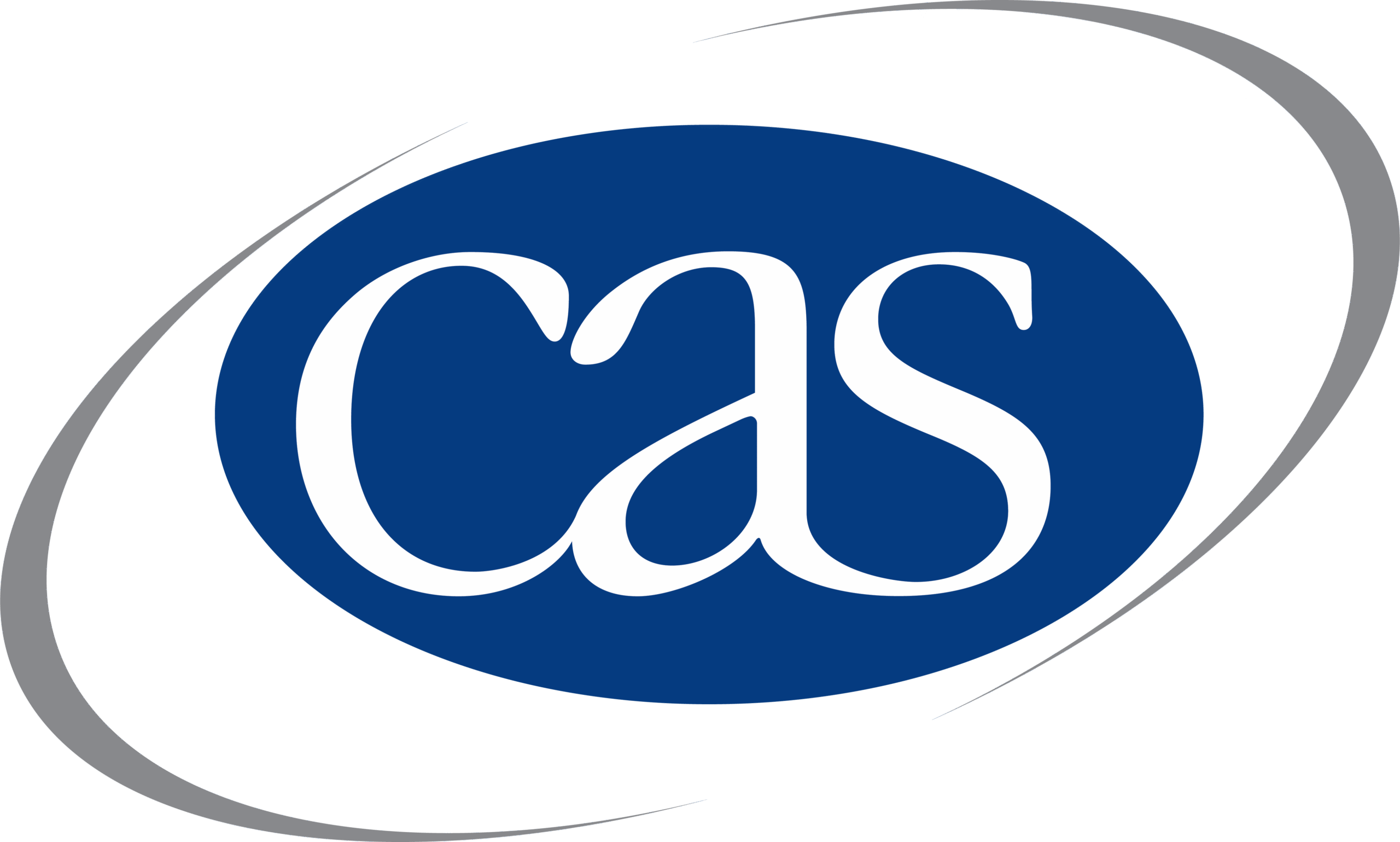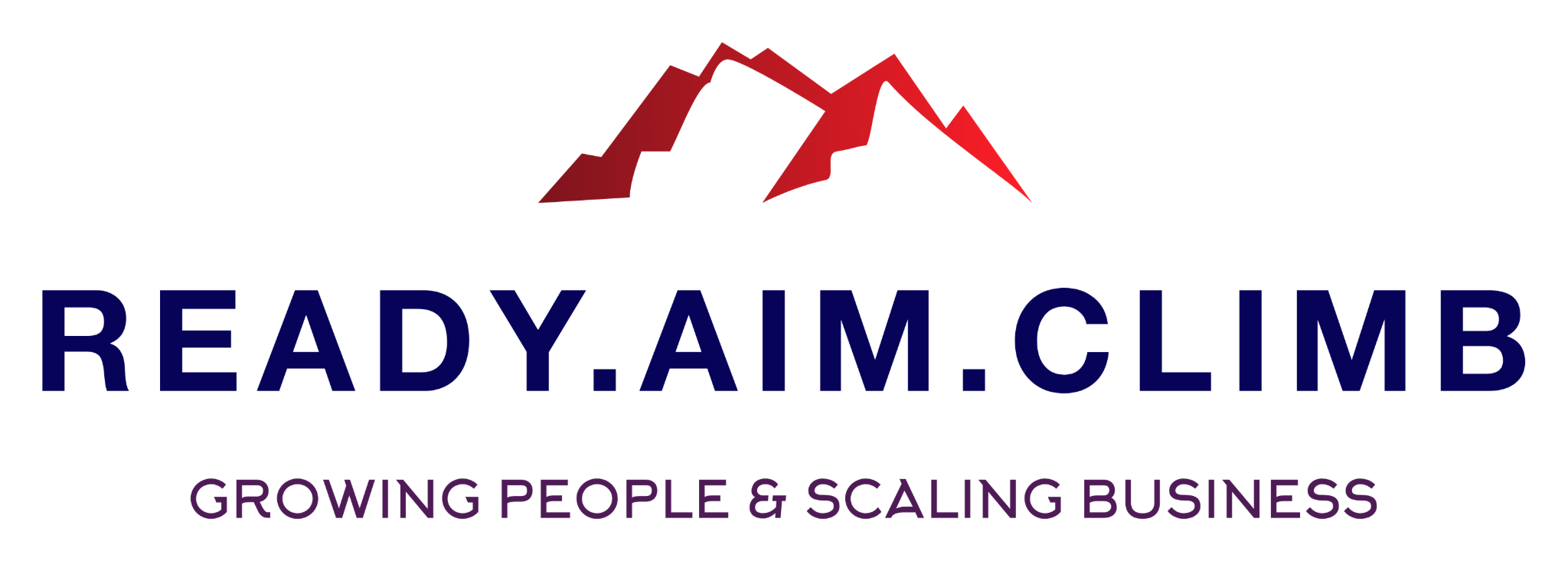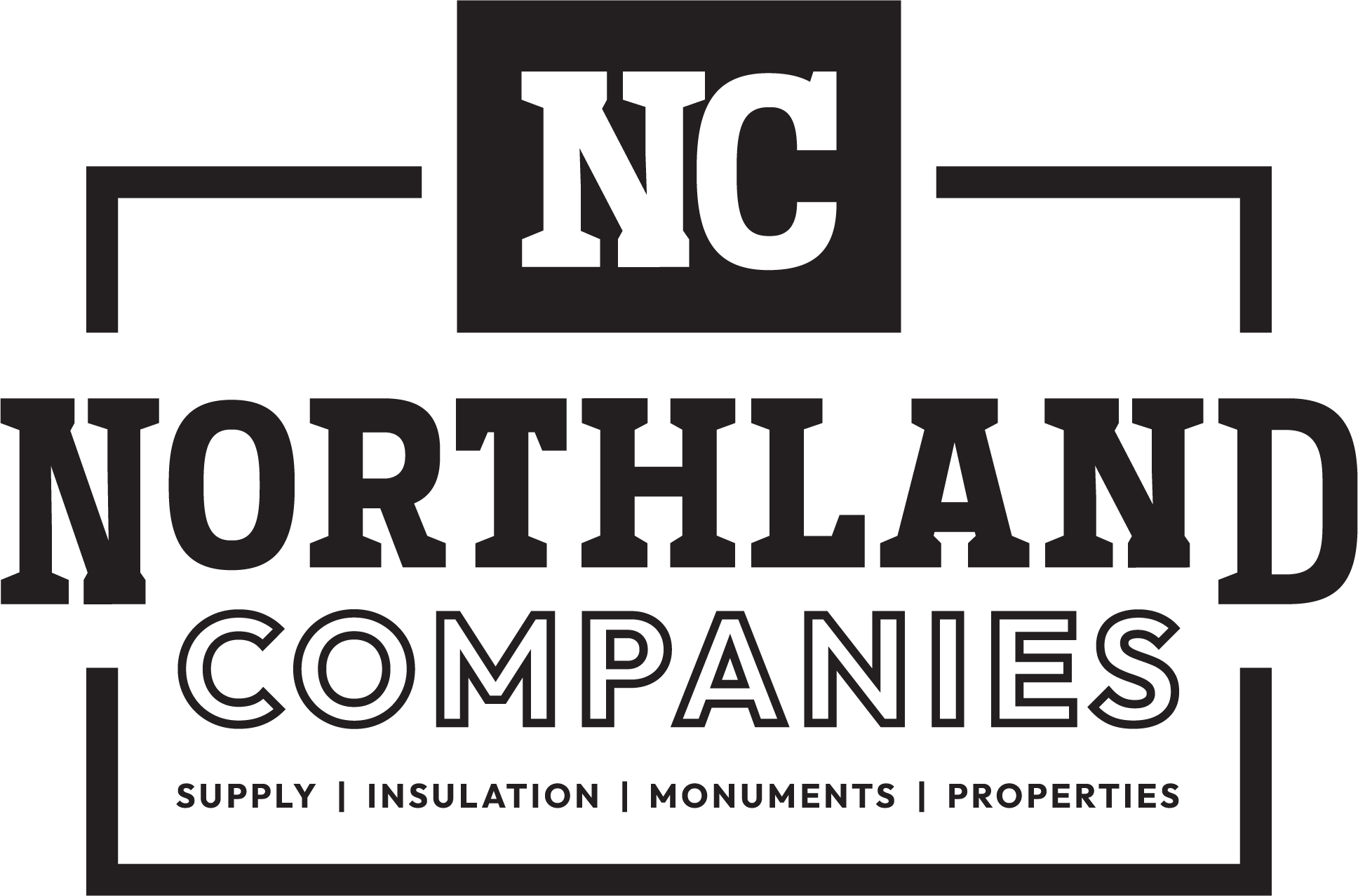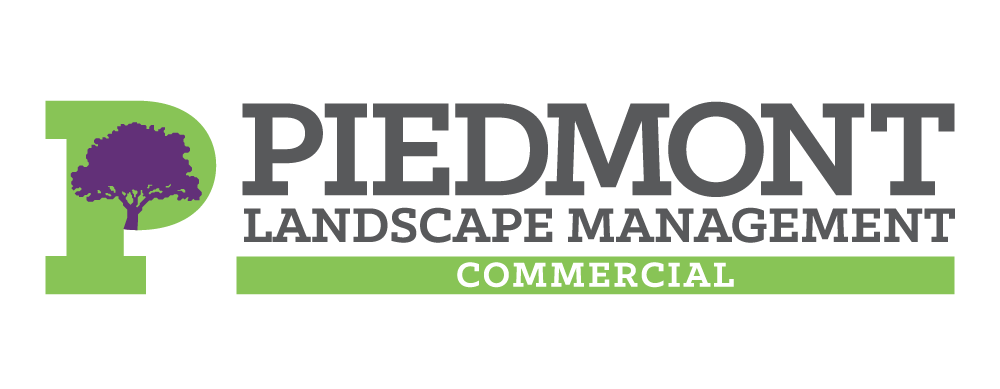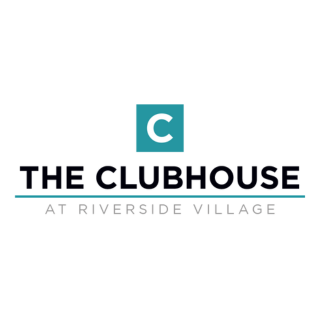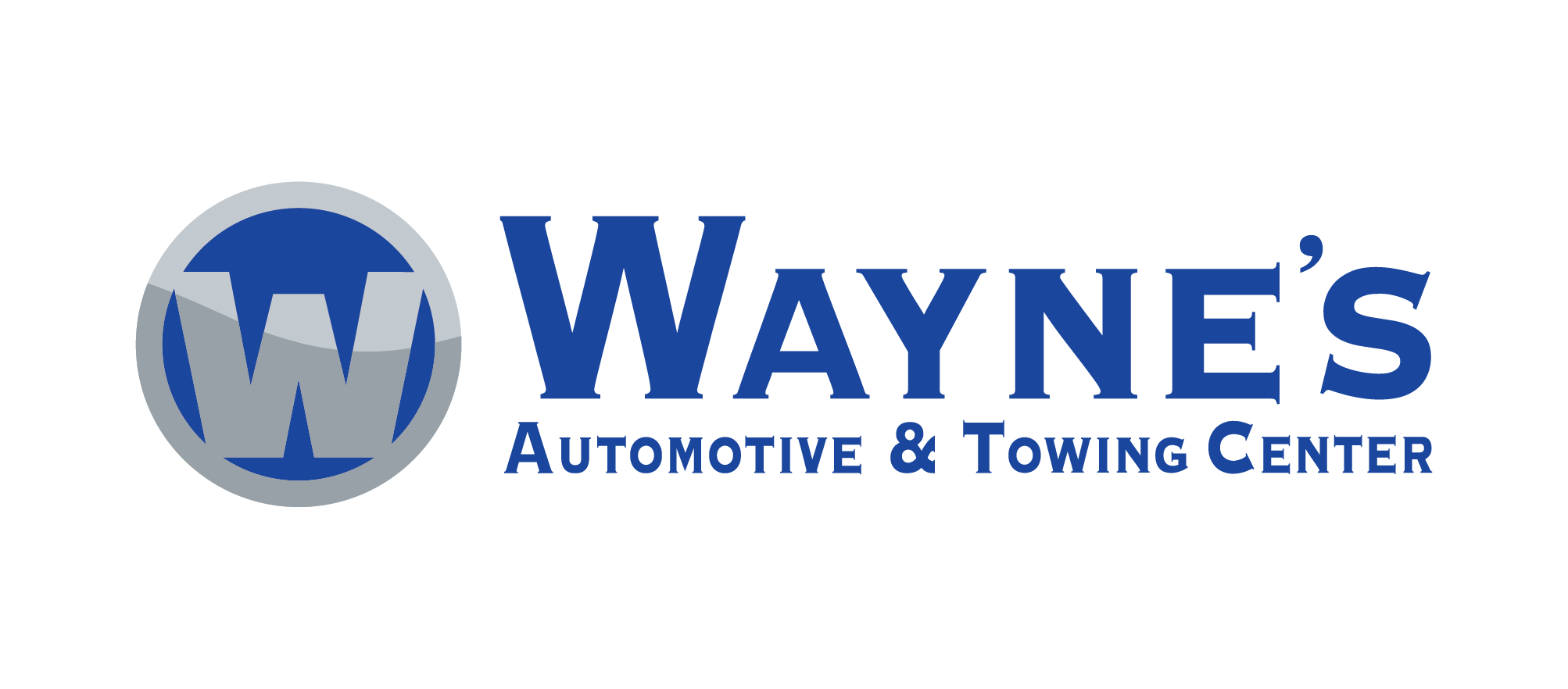Key Takeaways:
- SEO for dental clinic means more local patients find your practice when searching online—which directly translates to more appointments and revenue.
- Your Google Business Profile is your most powerful tool for local visibility and should be completely optimized with accurate information, photos, and regular updates.
- Building consistent local citations and gathering positive patient reviews are fundamental to ranking higher in local search results.
- Service-specific pages for treatments like implants, braces, and cleanings help you capture patients searching for exactly what you offer.
- Location-based keywords like ‘dentist near me’ and ‘dental clinic in [city]’ are essential for attracting local patients ready to book.
If you’re a dentist or clinic manager watching potential patients slip away to competitors, the problem might not be your skills or your staff. The issue could be that people simply can’t find you online when they need dental care most.
Here’s the reality: 87% of consumers read online reviews before choosing a local service, and most dental patients start their search on Google. If your practice doesn’t show up in those critical first few search results, you’re invisible to the patients who need you most.
That’s where SEO for dental clinic becomes your practice’s growth engine.
What Is SEO and Why It’s Essential for Dental Clinics
SEO—Search Engine Optimization—is the process of making your dental practice more visible when potential patients search for dental services online. It’s about showing up when someone types ‘dentist near me’ or ‘dental clinic in [your city]’ into Google.
For dental practices, effective SEO means more than just website traffic. It means more phone calls, more appointment bookings, and more patients walking through your doors. 46% of all Google searches are looking for local information, making local SEO absolutely critical for dental practices.
The benefits are clear and measurable. Dental practices with strong SEO see improved local search rankings, increased website traffic from qualified local patients, enhanced online reputation through positive reviews, and a significant competitive advantage over other practices in their area.
But here’s what most dental practices get wrong: they think SEO is just about having a website. Real SEO for dental clinic requires a systematic approach to local visibility, patient trust, and search engine optimization that actually works in 2025.
Your Google Business Profile: The Foundation of SEO for Dental Clinics
Your Google Business Profile is the single most important element of your SEO strategy. It’s often the first thing potential patients see when searching for dental services, and it directly impacts whether they choose your practice or keep scrolling.
Start by claiming and verifying your Google Business Profile. Search for your practice on Google Maps, claim ownership if you haven’t already, and complete the verification process. This step alone can dramatically improve your local visibility.
Complete every section of your profile with accurate, detailed information. Add your exact address, current phone number, website URL, and precise business hours. Choose the right categories—select ‘Dentist’ as your primary category rather than ‘Dental Clinic,’ as research shows ‘Dentist’ performs better in local search results.
List all your services in detail. Include specific treatments like teeth cleaning, dental implants, orthodontics, cosmetic dentistry, emergency dental care, and pediatric dentistry. The more specific you are, the better Google can match you with relevant patient searches.
Upload high-quality photos regularly. Include images of your clinic exterior and interior, your team, equipment, and with proper patient consent, before-and-after treatment photos. Practices with photos receive 42% more requests for driving directions and 35% more click-throughs to their websites.
Use Google Posts to share updates, promotions, health tips, and practice news. This feature helps keep your profile active and engaging, signaling to Google that your practice is current and relevant.
Building Local Citations That Boost Your Rankings
Local citations are mentions of your dental practice’s name, address, and phone number across the web. These citations help Google verify your practice’s legitimacy and improve your local search rankings.
The key to effective citation building is consistency. Your practice name, address, and phone number must be identical across every platform—your website, Google Business Profile, social media accounts, and directory listings. Even small variations can confuse search engines and hurt your rankings.
Focus on high-quality, relevant directories first. List your practice on healthcare-specific directories like Healthgrades, WebMD, and Zocdoc, as well as general business directories like Yelp, Yellow Pages, and your local chamber of commerce website.
Don’t forget niche dental directories and local business listings specific to your city or region. These often carry significant weight with search engines for local rankings.
The Power of Patient Reviews for SEO for Dental Clinics
Online reviews are one of the most powerful ranking factors for local SEO, and they’re especially important for healthcare providers like dentists. 79% of consumers trust online reviews as much as personal recommendations.
Develop a systematic approach to gathering reviews. Ask satisfied patients to leave reviews on Google, but make the process as simple as possible. Provide direct links to your review profiles, and consider sending follow-up emails or texts with review requests.
Respond to every review—both positive and negative—professionally and promptly. Thank patients for positive feedback, and address concerns in negative reviews with empathy and a commitment to improvement. This shows potential patients that you care about patient satisfaction.
Display positive reviews prominently on your website and in your marketing materials. Reviews serve as powerful social proof that can convert website visitors into patients.
Location-Based Keywords That Drive Local Traffic
Location-based keywords help you capture patients searching for dental services in your specific area. These keywords should be woven naturally throughout your website content, page titles, and meta descriptions.
Start with primary location keywords like ‘dentist near me,’ ‘dental clinic in [your city],’ ’emergency dentist [your city],’ and ‘family dentist [your area].’ But don’t stop there—include neighborhood names, nearby landmarks, and surrounding communities that you serve.
Use keyword research tools like Google Keyword Planner or Moz Keyword Explorer to identify the specific terms your local patients are using. Look for keywords with decent search volume but manageable competition.
Remember that voice search is changing how people find dental services. Include conversational phrases like ‘where can I find a good dentist near me’ or ‘best dental clinic in [your city]’ to capture voice search traffic.
Creating Service-Specific Pages That Convert
Having dedicated pages for each dental service you offer allows you to target specific keywords and provide detailed information that potential patients are searching for.
Create individual pages for major services like dental implants, orthodontics and braces, teeth whitening, emergency dental care, pediatric dentistry, and routine cleanings and preventive care.
Each service page should include a clear description of the treatment, benefits for patients, what to expect during the procedure, frequently asked questions, and a strong call-to-action to schedule an appointment.
Optimize each page for relevant keywords. Your dental implants page should target terms like ‘dental implants [your city],’ ‘tooth replacement options,’ and ‘implant dentist near me.’
Include internal links between related service pages to help both patients and search engines understand your full range of services.
Technical SEO Basics for Dental Websites
Technical SEO ensures your website provides a great user experience and loads quickly on all devices. 53% of mobile users abandon sites that take longer than 3 seconds to load.
Ensure your website is mobile-friendly and responsive. Most dental searches happen on smartphones, so your site must look and function perfectly on mobile devices.
Optimize your page loading speed by compressing images, minimizing code, and choosing a reliable hosting provider. Use tools like Google PageSpeed Insights to identify and fix speed issues.
Create clear, logical site navigation that helps patients find information quickly. Include prominent contact information and appointment booking options on every page.
Use HTTPS security to protect patient information and build trust with both visitors and search engines.
Content Marketing for Dental Practices
Regular, helpful content positions your practice as a trusted authority and provides more opportunities to rank for relevant keywords.
Create blog posts that answer common patient questions like ‘how often should I visit the dentist,’ ‘what to expect during a root canal,’ or ‘signs you might need dental implants.’
Develop local content that connects your practice to your community. Write about oral health awareness events, community sponsorships, or dental health tips for your specific region.
Use video content to showcase your practice, introduce your team, and explain common procedures. Videos can significantly improve engagement and time spent on your website.
Measuring Your SEO Success
Track your progress with tools like Google Analytics and Google Search Console to see which keywords are driving traffic and which pages are performing best.
Monitor key metrics including organic search traffic, local search rankings, Google Business Profile views and clicks, phone calls from your website, and appointment bookings from online sources.
Set up conversion tracking to understand which SEO efforts are actually generating new patients, not just website visitors.
Common SEO Mistakes to Avoid
Don’t neglect your Google Business Profile or let information become outdated. Avoid inconsistent NAP information across different platforms. Don’t ignore negative reviews or fail to respond promptly to patient feedback.
Avoid keyword stuffing or creating thin content just for SEO purposes. Don’t forget about page loading speed and mobile optimization.
Most importantly, don’t expect overnight results. SEO is a long-term strategy that builds momentum over time.
The dental practices that will thrive in 2025 and beyond are those that commit to providing real value to patients both online and in person. SEO isn’t about gaming the system—it’s about making sure the patients who need your expertise can actually find you when they’re searching.
Your dental practice has the skills to transform lives and create beautiful smiles. Now it’s time to make sure your online presence reflects that expertise and reaches the patients who need you most.
Additional Strategies for Dental Clinics Growth
Beyond the core strategies, there are additional ways to strengthen your SEO and ensure your practice stands out.
Optimizing for Voice Search
With the rise of smart speakers and virtual assistants, voice search queries are more conversational. People ask questions like ‘Hey Google, find a dentist open late near me’ or ‘What’s the best dental clinic for kids in [city]?’ Optimize your content to answer these natural language questions. This means including FAQs on your service pages and creating blog posts that directly address common patient queries in a conversational tone. For more on how search is changing, read our post AI Search Is Here, and It’s Built for Local Businesses.
Building Local Backlinks
Backlinks are links from other reputable websites to your dental practice’s site. They signal to Google that your website is trustworthy and authoritative. For SEO for dental clinics, focus on local backlinks. This could involve:
- Partnering with local businesses for cross-promotions.
- Sponsoring local community events or school programs.
- Contributing expert articles to local news sites or health blogs.
- Getting listed on local chamber of commerce websites or business associations.
These local links are incredibly powerful for boosting your local search authority.
Schema Markup for Enhanced Listings
Schema markup is a type of microdata that you can add to your website’s HTML to help search engines better understand your content. For dental practices, this can mean marking up your business information, services, reviews, and even FAQs. When implemented correctly, schema markup can enable rich snippets in search results, making your listing stand out with star ratings, hours, and other key details directly on the Google search page.
User Experience UX and Website Design
Google prioritizes websites that offer a good user experience. This means your dental website should be easy to navigate, visually appealing, and free of broken links or errors. A clean, modern design that is intuitive for patients will not only keep them on your site longer but also signal to Google that your site is high-quality. A seamless user experience directly correlates with lower bounce rates and higher engagement, which are positive ranking signals.
Consistent Branding Across All Platforms
Ensure your branding—logo, colors, messaging, and tone—is consistent across your website, social media, Google Business Profile, and all other online listings. This consistency builds trust and recognition with potential patients and reinforces your professional image. A unified brand presence helps search engines associate all your online properties with your single, authoritative dental practice.
Using Social Media for Local Engagement
While social media doesn’t directly impact SEO rankings in the same way backlinks or Google Business Profile optimization does, it plays a crucial role in local engagement and brand visibility. Share engaging content, interact with your local community, and promote your services. Active social media presence can drive traffic to your website and Google Business Profile, indirectly boosting your SEO efforts. Posts can include patient testimonials, behind-the-scenes glimpses of your clinic, and educational content about oral health.
Online Appointment Booking
Make it easy for patients to book appointments directly from your website or Google Business Profile. Implementing an online booking system can significantly increase your booking rate. This convenience is a strong positive signal for user experience and can reduce friction for new patients, leading to higher conversion rates.
The Long-Term View of SEO for Dental Clinics
SEO is not a one-time task; it’s an ongoing process that requires continuous effort and adaptation. Search engine algorithms change, competition shifts, and patient search behaviors adapt. Regular monitoring, analysis, and adjustments to your SEO strategy are essential for sustained growth. By investing in consistent, ethical SEO practices, your dental clinic can build a robust online presence that delivers a steady stream of new patients for years to come.
Remember, the goal is not just to rank higher, but to connect with patients who genuinely need your services. When you focus on providing value, both online and in your clinic, SEO becomes a powerful tool for sustainable practice growth.
Frequently Asked Questions
How long does it take to see results from SEO for dental clinic?
Most dental practices begin seeing improved local search visibility within 3-6 months, with significant ranking improvements typically occurring within 6-12 months of consistent SEO efforts.
What’s the most important SEO factor for dental practices?
Your Google Business Profile is the most critical element, as it directly impacts local search rankings and is often the first touchpoint for potential patients.
How many reviews does my dental practice need for good SEO?
While there’s no magic number, aim for at least 25-50 recent reviews to establish credibility, with a steady flow of new reviews each month to maintain freshness. Our clients often reach 500 reviews in under a year with systematic review automation.
Should I hire an SEO agency or handle SEO in-house?
For most dental practices, partnering with an experienced healthcare SEO agency provides better results than DIY efforts, as SEO requires specialized knowledge of healthcare marketing regulations and local search optimization.
How much should I budget for SEO for dental clinics?
Most successful dental practices invest $2,000-$5,000 per month in systematic SEO services, though the exact amount depends on your market competition and growth goals.







